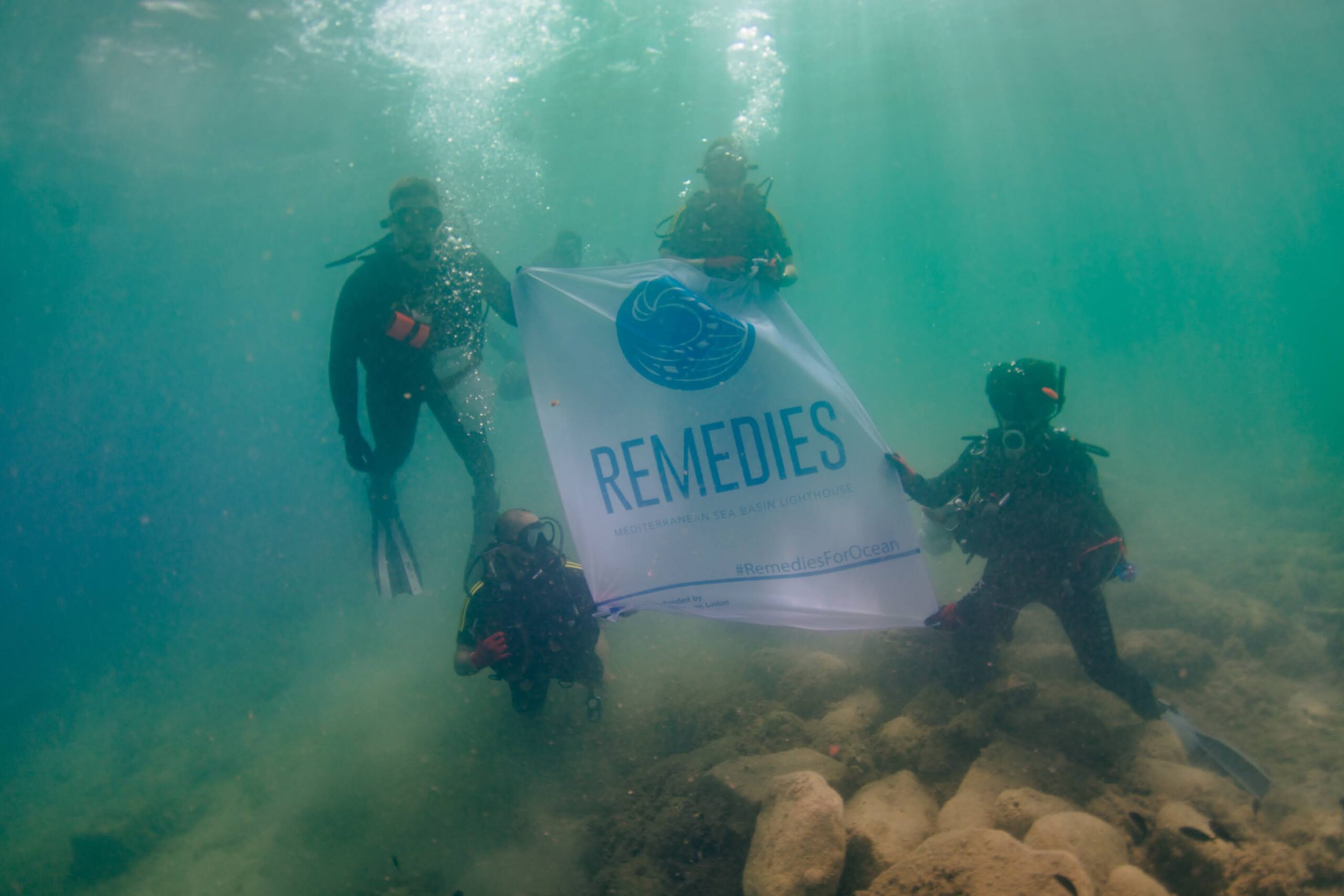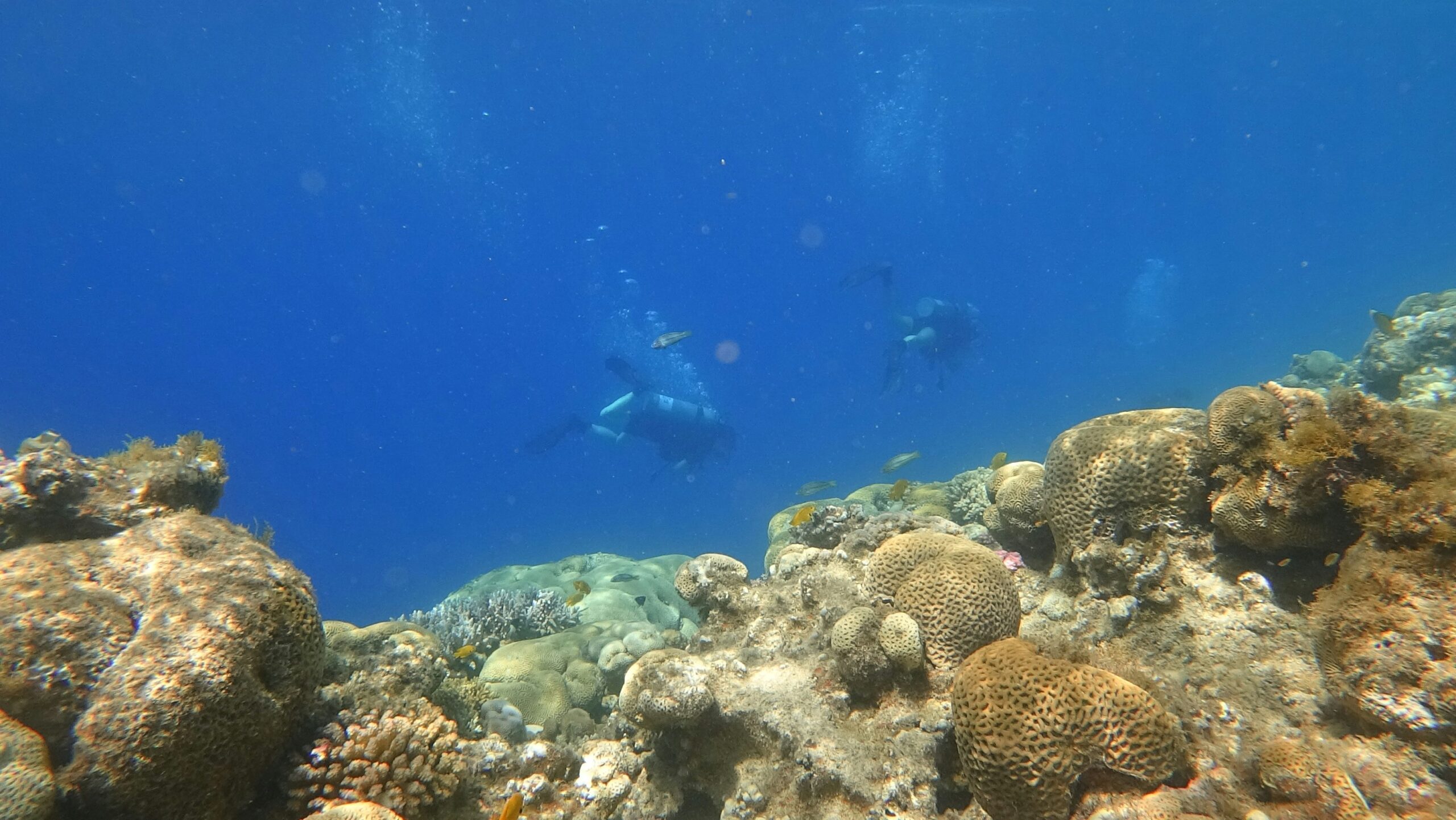Update — 5 Min Read
Quit Plas-Ticking Us All Off!
5 Min Read
The Problem with Plastic…
If plastic is such a massive global challenge and a threat to our health and ecosystems, then why is there no international treaty governing its production and use?
Denzel Lanzon looked into this for us!
The Problem with Plastic …
Anybody who is the slightest bit acquainted with environmental issues knows about the ongoing crisis of plastic pollution. 80% of all plastic either ends up carelessly discarded or in a landfill at best and one study identified microplastics in every human placenta tested.
Not bad enough for you? Well, what if I also told you that plastic pollution has been identified as affecting at least 267 animal species, including, 43% of marine mammals, 44% of seabirds and a whopping 86% of all marine turtles?
You may be surprised therefore to find out that there currently exists no global treaty on plastic waste. Why is this the case? I’m glad you asked…
The Plan
From the 28th of February to the 2nd of March 2022 in Nairobi, Kenya, the United Nations held the Environment Assembly meeting whereby 175 countries signed an agreement in response to the plastic pollution crisis.
The goal was to document the quantity of plastic produced in a year as well as to decide on what chemicals may be allowed in the production of the material and whether certain products are to be phased out entirely. It has thus led to today where the final step to secure a legally binding treaty by the end of this year is underway.
Two years later and the Intergovernmental Negotiating Committee met in Ottawa, attended by over 2500 delegates. The stage is now set for their fifth meeting where the treaty is to be finalised with the drafts for the goals set.
In addition to this, a seminar was jointly hosted by the Delegation of the European Union to the Republic of Korea and the National Assembly Forum on Climate Change on the 1st of November 2024 to overview progress and to establish the topics to be delved further into on the Intergovernmental Negotiating Committee.
The summit will be held in Busan, South Korea from the 25th of November to the 1st of December.
As it stands, the biggest dividing factor surrounding this treaty is the question on whether a cap should be put on the amount of plastic manufactured worldwide. Other debates to be had include the list of hazardous chemicals to be banned from production and whether the financing of the deal should come from a multilateral fund or an established dedicated entity such as the Global Environmental Facility.
Previously on Bureaucratic Nonsense…
Unfortunately, there still remain far too many people who only know how to look at the world with dollar signs in their eyes. These particular people are not just keen on maintaining the status quo, they are actively advocating for more.
Whenever evidence about the adverse effects of the use of plastic is presented, lobbyists have been known to get aggressive or uncivil. For example, ecotoxicologist Bethanie Almroth recounted being yelled at in the face during a treaty meeting and biological oceanographer Edward Carpenter found himself being interrogated by plastic industry representatives following his publication on plastic pollution.
Worse still is that this pro-plastic pushback is being supported by entire governments as well. “The Bridge to Busan” declaration put forth by Peru and Rwanda to address the scale of plastic production received no endorsement by the United Kingdom and United States and ultimately did not come to fruition.
Carrol Muffett, president of the Center for International Environmental Law, has criticised the US for blocking discussion on reducing plastic production and for its failure to follow through on its commitment to the G7 summit.
The “Like-Minded Group”, consisting of countries such as Russia, Saudi Arabia and Iran, has tried to shift the discussion onto recycling rather than reduction. These countries all happen to have economies reliant on fossil fuels…
Will It Succeed?
Ambassador of Ecuador to the UK Luis Vayas Valdivieso seems to think so, believing the Ottawa and Busan summits will result in an agreement à la Paris Accord of 2015.
Valdivieso drew attention to the fact that despite the triple crisis of climate change, biodiversity loss and pollution facing the world, no legislation has been put in place for plastic pollution.
He has continued to help in the preparation for the first international plastic pollution agreement, acknowledging the challenge of enforcing regulation on what is a major part of the world’s economy but also stressing how it affects all and how the international community cannot simply leave this issue for future generations.
Will he be right? We can only hope so.
By Denzel Lanzon, for Esplora








